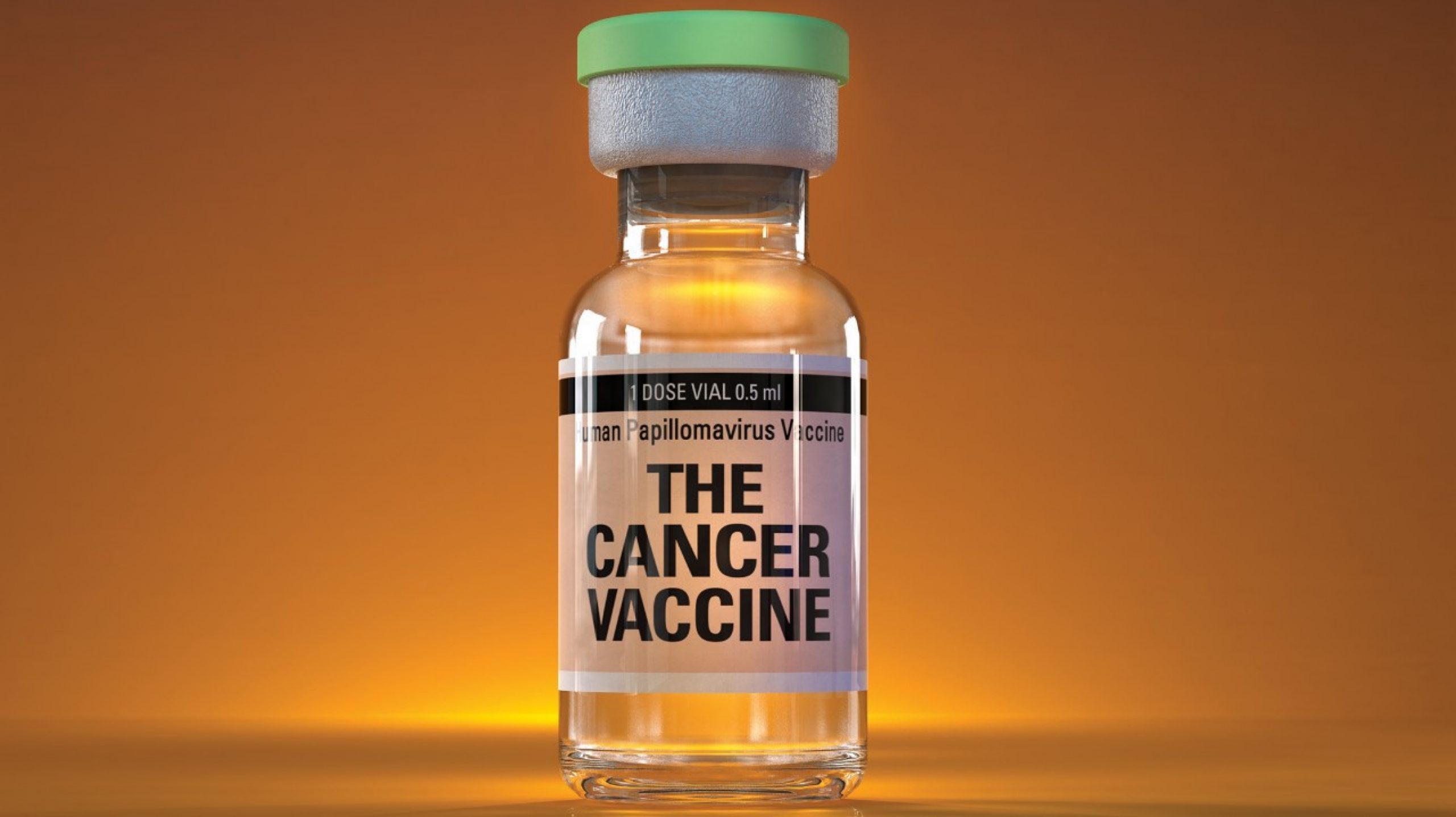2nd Annual California HPV Vaccine Week, August 3-8, 2020
Is the HPV vaccine safe for children? Yes, but some parents remain unsure. Too many.
HPV Vaccine Week is a campaign to help parents get the facts and learn about HPV vaccination as safe cancer prevention. It’s a collective effort that will save lives. It’s about action, not awareness. And it’s for parents everywhere.

Last weekend I spoke with friends, parents of a boy and a girl who are turning 11 and 9 this month. They didn’t know that the human papillomavirus (HPV) vaccine is now recommended at ages 9 to 12. They didn’t realize that they should ask their pediatrician about the HPV vaccine. They didn’t understand that the HPV vaccine prevents six types of cancer later in life.
Why Stay on Schedule
Although many schools will remain closed this fall due to COVID-19, parents don’t have to postpone their children’s vaccination schedule. Parents may think it’s ok to wait to vaccinate because it may not be safe to visit the doctor’s office during the pandemic and “there’s always time to get it done later.” The fact is, the HPV vaccine proves most effective for boys and girls when given at the recommended age of 9 to 12 years-old. Older teens must get three doses, instead of two, to ensure the same level of effectiveness.
Yet despite the existence of this “anti-cancer vaccine,” vaccination rates remain dismally low.
A national study found that only half of American teens complete the HPV vaccine series. Asst. Prof. Kalyani Sonawane, University of Texas Health Science Center at Houston, initiated the study to learn why HPV vaccine rates were low even though the vaccine had been available for more than a decade. Sonawane and her team analyzed data from the 2017-2018 National Immunization Survey and concluded that 7.7 million U.S. teens were not vaccinated against HPV in 2018, and therefore, not protected against HPV-related cancers.
The researchers discovered that safety concerns cause some parents to hesitate or decide against vaccination. (The study focused on responses from the parents or caregivers of 82,000 teens who did not vaccinate or fully vaccinate their children.) Is the HPV vaccine safe for children? Yes, studies show the HPV vaccine is safe and that the vaccine’s cancer prevention benefits outweigh possible mild side effects, such as fever, headache, or redness at the point of injection.
Why the HPV Vaccine is Necessary
A 2018 Johns Hopkins Medicine study also found that “lack of necessity” rated as another primary reason why parents forgo HPV vaccination for their children. The HPV vaccine is necessary for two important reasons:
- HPV leads the pack as the most common sexually transmitted infection (STI) in the US.
- The HPV vaccine prevents six HPV cancers and is most effective when given before exposure to HPV, at age 9 to 12.
Why Parents Choose Vaccination
The other side of the story: many parents support HPV vaccination. What a phenomenon! Parents who choose to vaccinate and those who do not both want the same end result: to keep their children healthy and safe. Yet they take two completely different approaches. That’s why education matters, and saves lives. When a provider recommends the HPV vaccine, adolescents are nearly five times more likely to receive it.
Do the research. Ask your doctor. Seek out multiple resources:
- The American Cancer Society provides HPV facts.
- The CDC provides HPV vaccination schedule recommendations.
- HPVANDME provides information about the vaccine and HPV-related throat cancer, the most common HPV cancer
Contributing to Herd Immunity
While cervical cancer cases have declined, incidents of HPV-related oropharyngeal cancer continue to rise. A 2019 study suggests that the HPV vaccine may be providing men with herd immunity against HPV infections of the throat. If the majority of preteens receive the HPV vaccine, doctors say we could virtually eliminate HPV cancers in a few generations.
It will only happen if vaccination rates increase; and in that regard, if the message behind California HPV Vaccine Week—right now—becomes the norm of the future.
PUT THE HPV VACCINE ON YOUR BACK TO SCHOOL CHECKLIST.
HPVANDME is a 501(c)(3) nonprofit organization dedicated to providing education about HPV cancer prevention. Learn more at hpvandme.org. HPVANDME provides information from doctors and medical researchers; we are not doctors ourselves and always recommend that you consult with your own clinician.
California HPV Vaccine Week is sponsored by the CA HPV Vaccination Roundtable, a coalition of diverse stakeholders with a mission to work together to prevent HPV-associated cancers and pre-cancers by increasing the California HPV vaccination rate to 80% by 2026.
